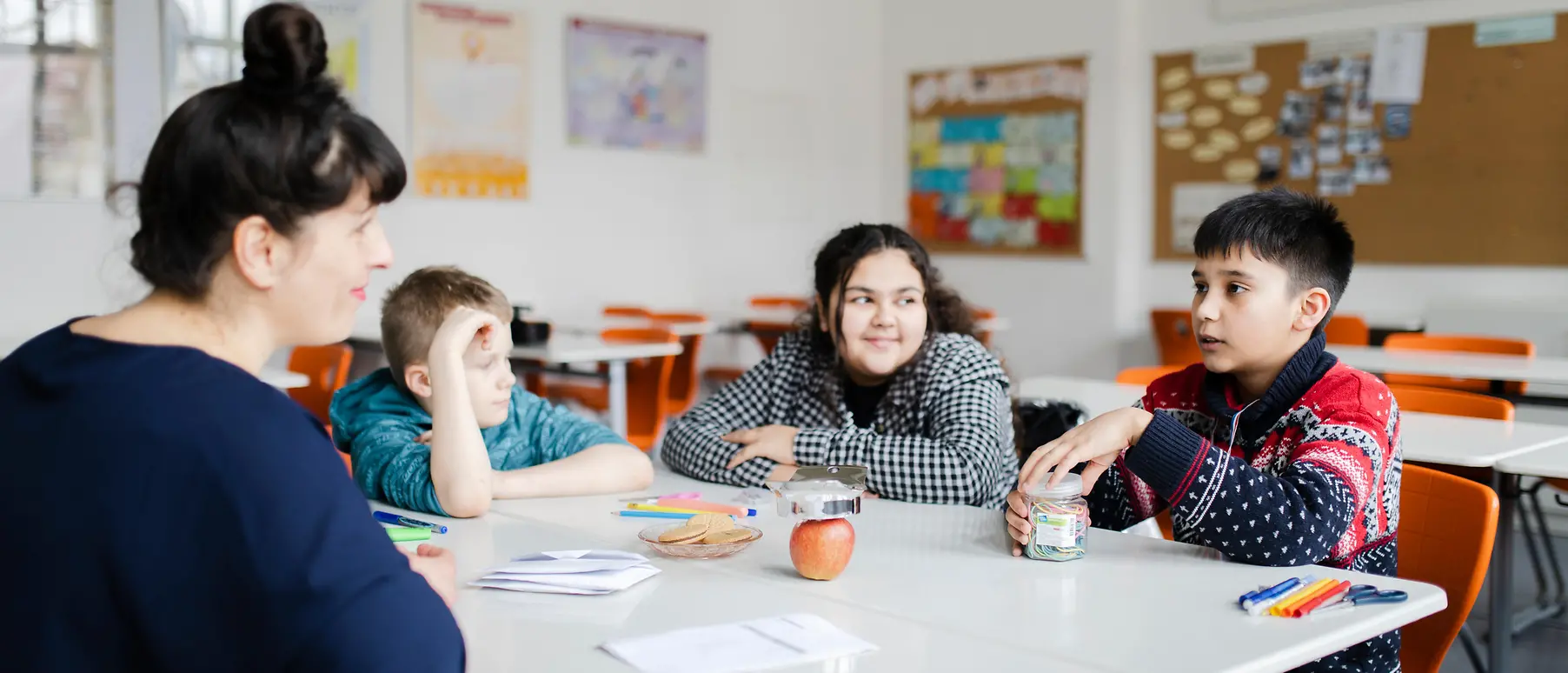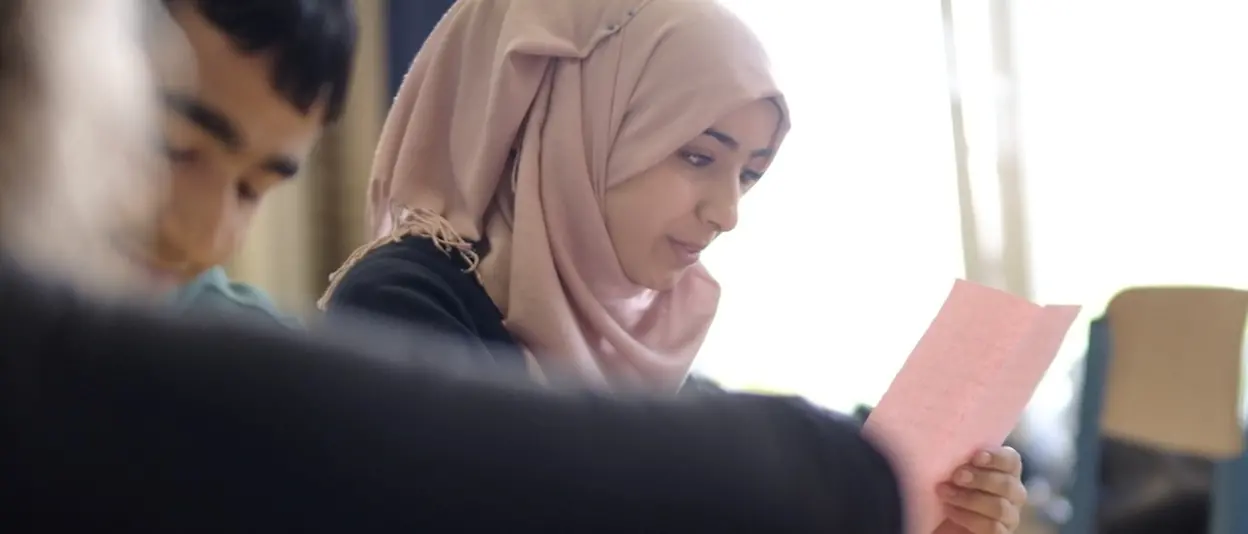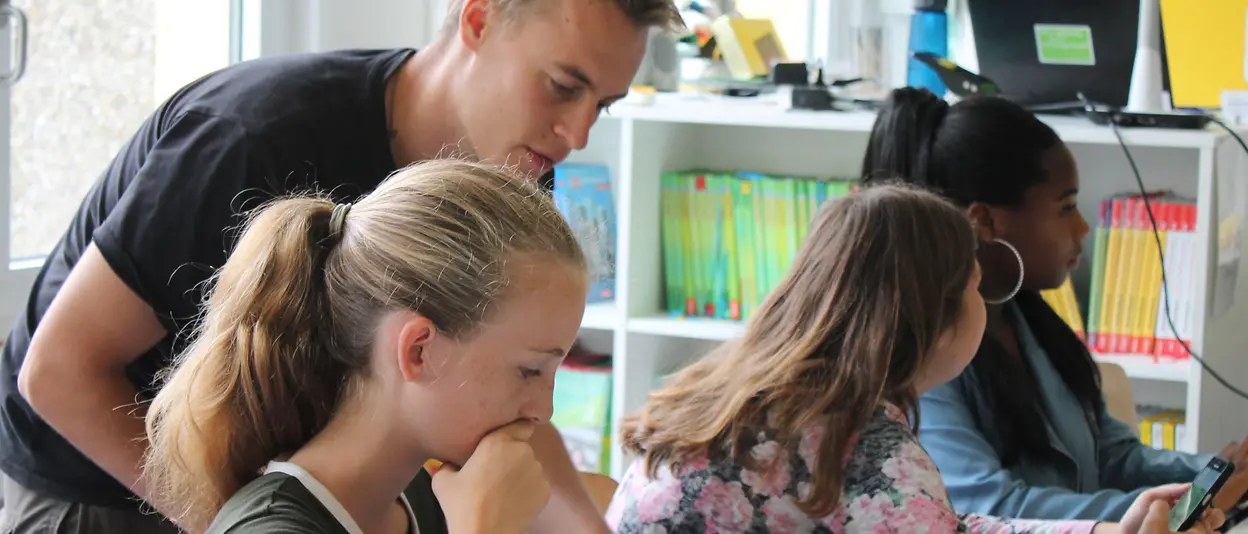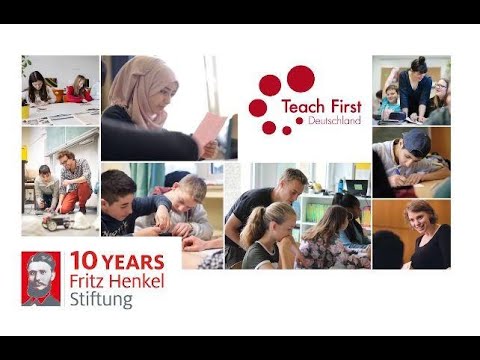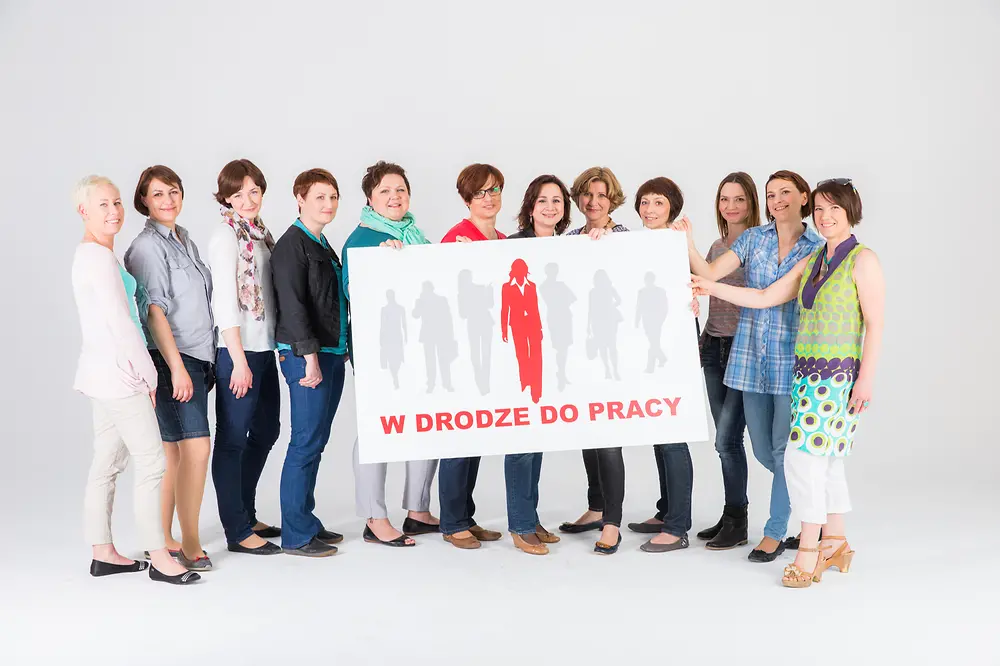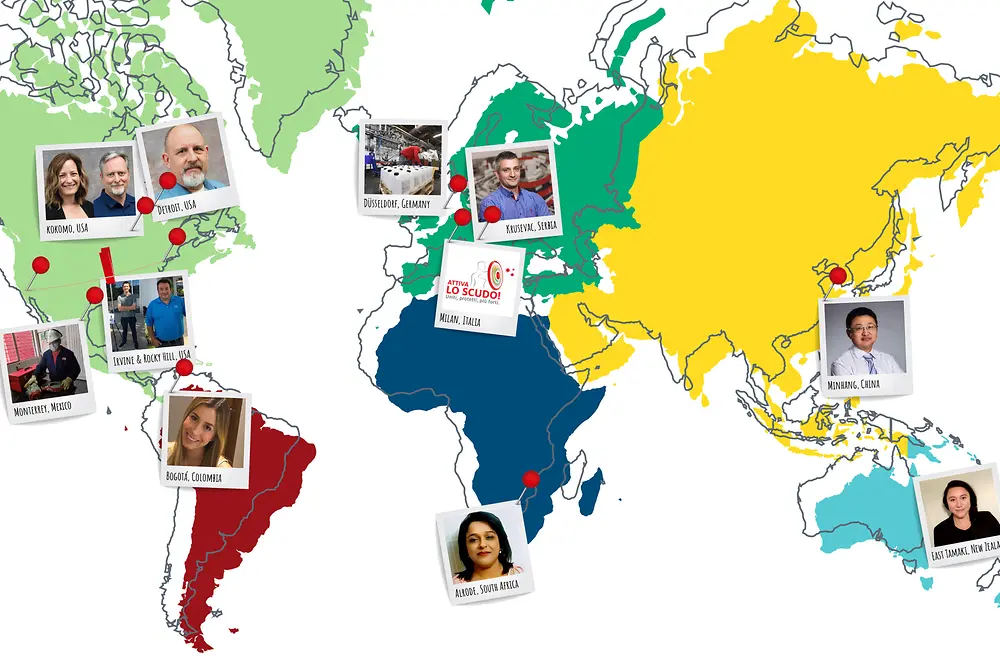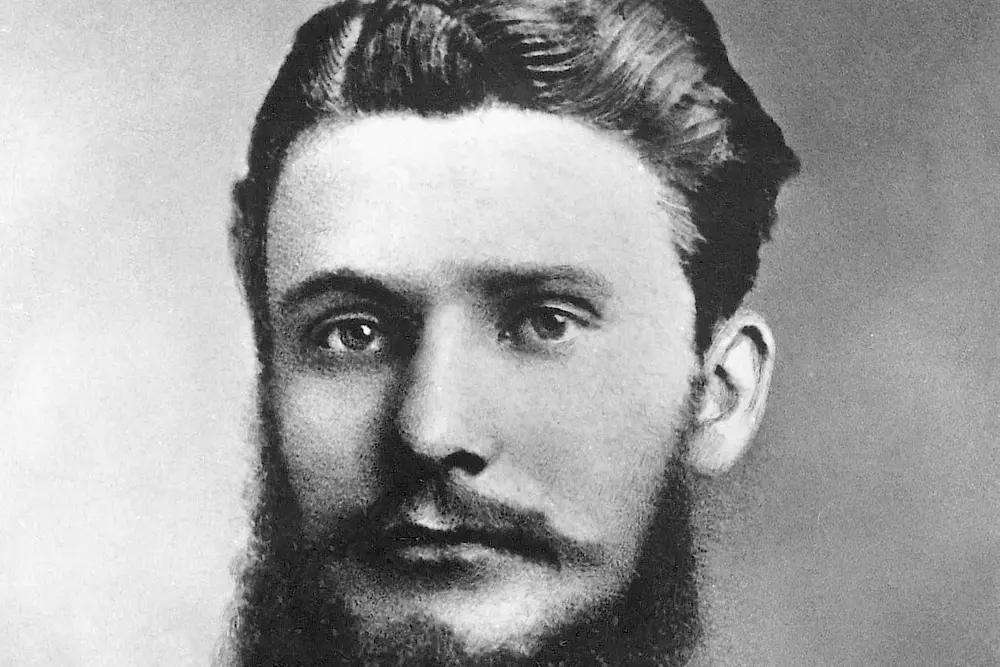Discover the brands and technologies from our business units Henkel Adhesive Technologies and Henkel Consumer Brands.
Together for equal opportunities
A good education opens doors, empowers people to participate in society and helps them make the most of their talents on their life journey. Unfortunately, children’s socio-economic background still too often determines their academic success – including in Germany today. The educational organization Teach First Germany is committed to creating equal opportunities throughout Germany’s education system with a simple concept: college graduates in different subjects help teachers at schools in disadvantaged communities give students the support they need.
Factors such as parents’ income or lack of adequate support at home are major obstacles to the formal education of many school-age children and teenagers. According to the Leibniz Institute for Educational Trajectories, 79 percent of children from families of high social status finish high school, which makes them almost three times more likely to graduate successfully than their peers from socially disadvantaged backgrounds. The hurdles that underprivileged students face are particularly critical at the times of transition from primary to secondary school or admission to higher education programs. Does their past really have to dictate their future? The international educational organization Teach for All is leading the way in tearing down social barriers and making the school system a place of equal opportunity.
Discovering your own potential through self-confidence
Teach First Germany is committed to allowing every child to fulfill their potential and receive equal access to education. The organization aims to help ensure that underprivileged youth graduate from school with full confidence in themselves and in their future. Equal opportunities are at the core of its vision that schoolchildren everywhere should be able to grow into confident young men and women regardless of their social background. They should have the opportunity to make the most of their potential and use their abilities, guided by their strengths and interests, to take on responsibilities in the society they live in. Students at participating schools are given a helping hand by so-called fellows, who support teachers in their daily activity for a two-year period and serve as companions for their young protégés. The fellows themselves are graduates of various universities and help socially-disadvantaged youth to improve their performance at school. They also act as trusted persons the children can turn to for advice and assistance.
Working hand in hand to make equal opportunities the norm at school
Henkel and the Fritz Henkel Stiftung foundation, have supported the international education initiative Teach For All and the German member of its network, Teach First Germany, for many years. Both are equally committed to fostering equal opportunities and sustainable education. One of the ways it does so is through an extension of the fellow program: in practice-oriented workshops, the foundation trains fellows and helps them to develop their skills in the long term. The support Henkel provides to projects like Teach For All is a practical application of the social responsibility that has been an integral part of the company’s corporate culture since it was founded in 1876.

Good education is our future as a society. In collaboration with Teach for All, we are helping to give every child a fair chance to succeed in school.
Karol-Monique Westhoff, Managing Director Fritz Henkel Stiftung

Henkel and the Fritz Henkel Stiftung foundation have supported Teach For All and its regional partner, Teach First Germany, since 2012.

Since the program was launched and with the support of Henkel and the Fritz Henkel Stiftung foundation, Teach First Germany has been able to send 840 college graduates, so-called fellows, to serve as teaching aides in under-resourced schools.
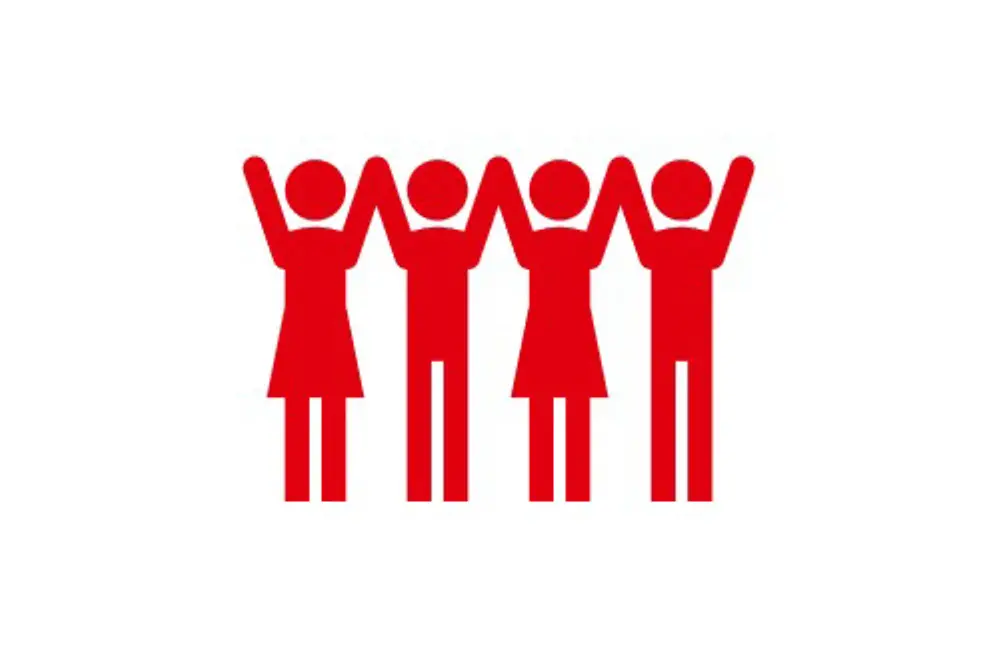
The international education initiative Teach For All has reached about 100,000 children with its programs over the last 10 years.
Three questions to a fellow
Marius Räbiger studies human geography in Marburg and Münster and was part of the 2019 generation of fellows at Teach First Germany. During his time as a fellow, Marius volunteered at a secondary school in Eitorf, North Rhine-Westphalia. He talked to us about this valuable experience in an interview:
What is your role within Teach First Germany and what impact can you make on students’ lives at school?
As a fellow, I offer the teacher my assistance and input in the classroom and I support the students with their projects. Most importantly, I help girls and boys who are at risk of dropping out to successfully graduate from school. My goal is to give them new perspectives and encourage them to take control of their lives. I help them prepare for exams, take the time to have conversations with them and provide feedback, and guide them in making plans for the future. The learning relationships that develop are very special.
How did you prepare for your mission as a fellow?
Together with other fellows-in-training, I completed a three-week intensive summer course to prepare for my mission. We had a packed program of daily seminars, training sessions and workshops that taught us how to plan lessons, diagnose students' skill levels and help teenagers learn successfully. Subjects ranged from project management and leadership to team teaching and experiential education. We were then able to put what we had learned into practice during simulation exercises that also helped us to see classes from the point of view of an adolescent.
In addition, I had the opportunity to shadow an active fellow during a one-week internship at the school where he was volunteering before the start of the summer course. That was the first time I was able to immerse myself in the typical workday of a fellow, which was a valuable learning experience.
What does your involvement in Teach First Germany bring to you, personally?
I will always have fond memories of the many wonderful and sometimes challenging moments with the students and with my team teaching colleagues. My role as a fellow has allowed me to grow and mature as a person. Going forward, I want to continue advocating for equal access to education and encourage young people to tread their own path.
Fritz Henkel Stiftung foundation
30 million euros donated to over 4,000 projects, supporting around 3.5 million individuals in more than 100 countries around the world: the Fritz Henkel Stiftung foundation, through which Henkel channels its social engagement as well as that of its employees and retirees, is turning 10 in 2021. The Foundation is closely interconnected with Henkel but operates independently from the company. It supports projects in the fields of education and science, social issues, art and culture, fitness and health as well as environmental protection with a specific focus on promoting equal opportunities and sustainable education. For this purpose, the foundation works together with non-profit organizations and partners around the world.


